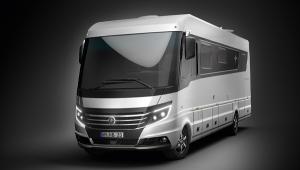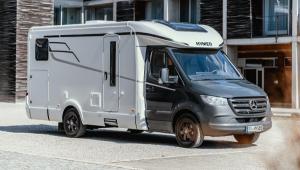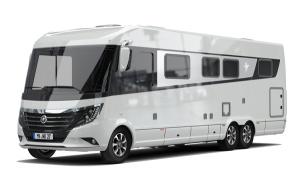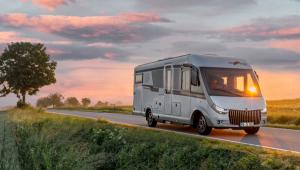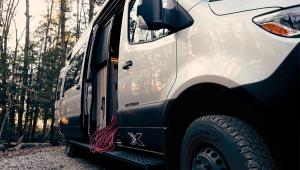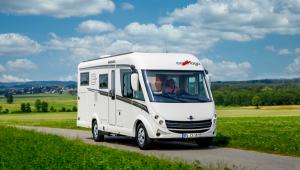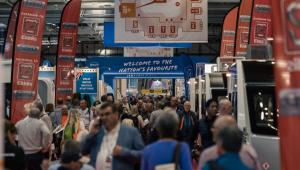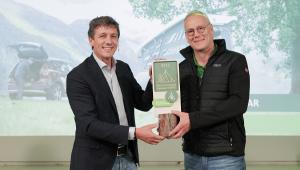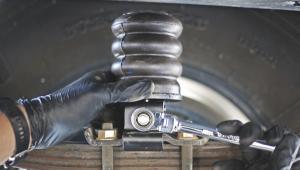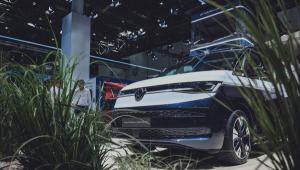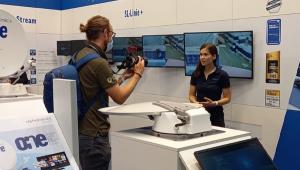Cutting it in the cold: Mercedes eSprinter proves its potential
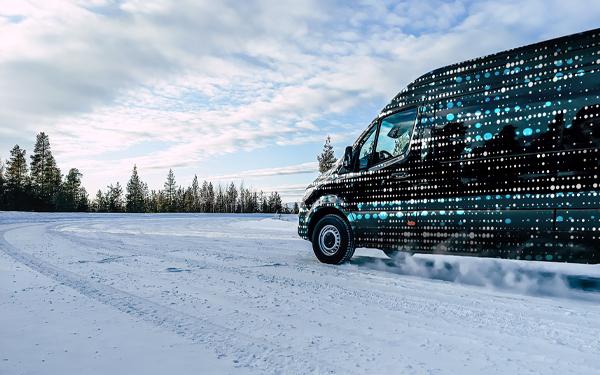
Deep in the heart of Swedish Lapland lies that quaint, quiet and idyllic village community of Arjeplog. Upon first glance, there isn’t much remarkable about the settlement, it keeps itself to itself and it withstands brutal Arctic winters with temperatures plummeting to -30C. What you may or may not know about Arjeplog is that is well-known in the automotive industry as the perfect test ground to assess the ability of new vehicles to withstand winter extremes. The latest example of that is German giant Mercedes-Benz, which recently put a fleet of its exciting eSprinter vans through their paces in the Scandinavian wilderness. The all-electric vans, which are causing real excitement in the world of campervans and motorhomes, were tested in the most extreme climatic conditions they are ever likely to face – freezing temperatures, snowy and icy roads, and cutting winds.
The vehicles underwent a variety of tests in which the effects of extreme cold on handling, ergonomics, thermal management and cabin comfort were examined in great detail. The low-temperature resistance of drive components, heating systems, software and interfaces were tested in specifically built cold chambers, where the vehicles are cooled down before the test drives. Also, the charging behaviour and charging management were examined and optimised precisely. After only half of several weeks of planned tests it became clear that the next generation eSprinter defies both ice and snow, extreme temperatures and can cope with the most difficult test cycles.
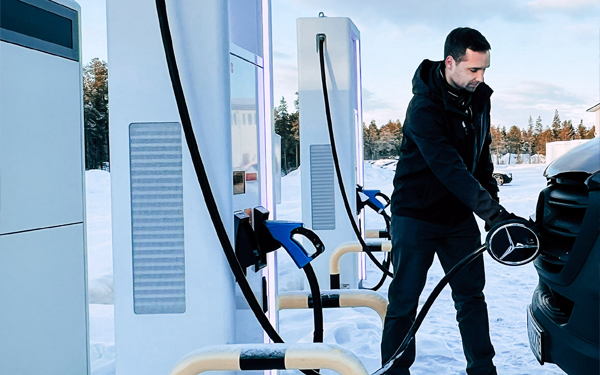
Production of the next generation eSprinter is to start successively, beginning in the second half of 2023 in Charleston (South Carolina, USA) and then in Germany's Duesseldorf and Ludwigsfelde. A central guiding principle at Mercedes-Benz is sustainability, and thus the next generation eSprinter will be produced CO₂-neutrally. Mercedes has high hopes for the van, not just in the leisure vehicle market, but also in the CEP sector for couriers.
Mercedes‑Benz has invested around 350 million euros in the next generation eSprinter. Approximately 50 million euros has been invested in adapting the production in the three plants.
- Log in or register to post comments
